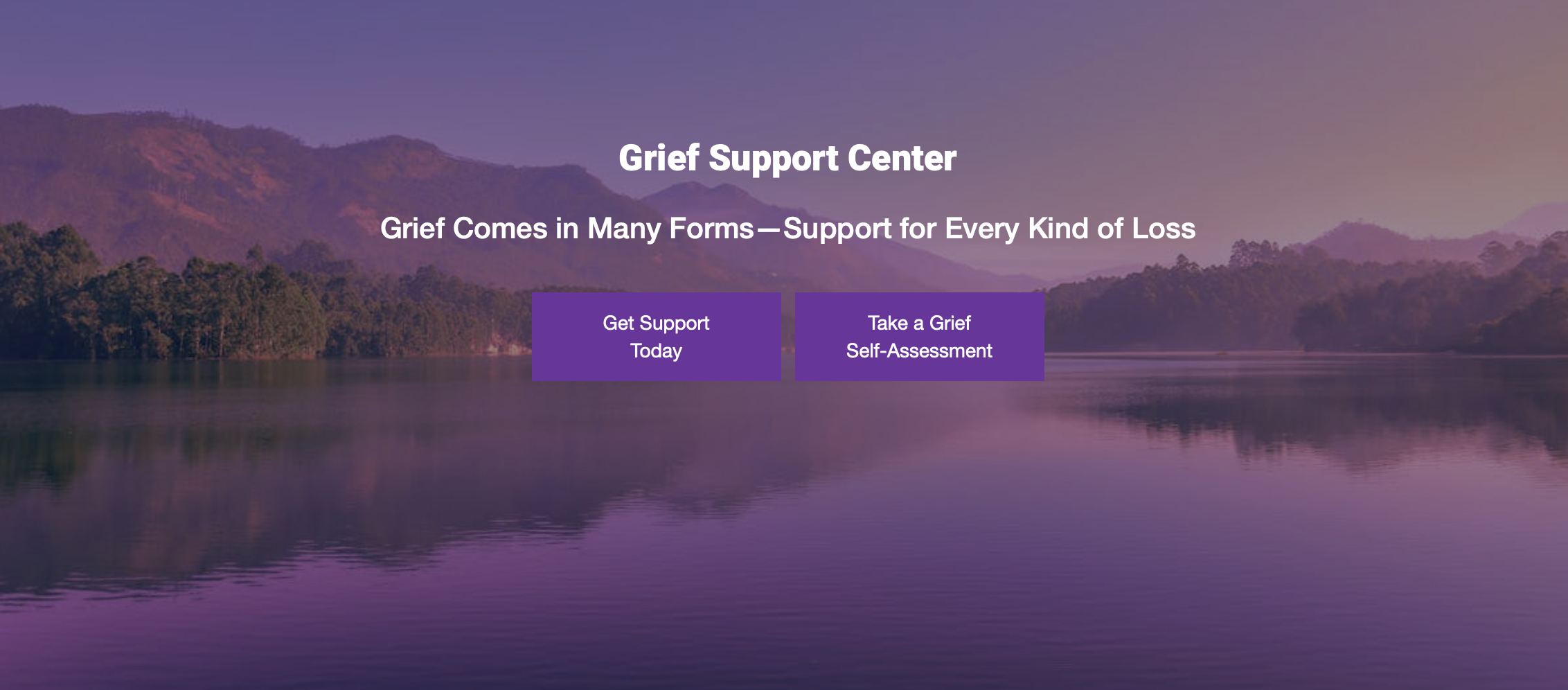Grief Support That Matches Your Loss and Your Timeline
Grief isn’t a linear path, but more like an ocean - the tides shift, the currents change, and what you need to stay afloat in one moment might not be what you need in the next. That’s true whether you’re grieving the death of a loved one or experiencing other significant life changes like divorce, illness, relocation, or a major shift in identity.
Too often, we only associate grief with death. But any loss that changes the shape of your life can stir deep emotions and require support. The type of help you need can change as you move through different stages of your experience.
Early Grief: Safety and Stabilization
In the immediate aftermath of a loss - whether it’s the end of a relationship, a move away from a beloved community, or the death of someone close - your body and mind may be in survival mode. At this stage, you might need support that feels grounding and steady: someone who can hold space for your emotions without pushing you to “fix” them. Gentle check-ins and simple, consistent routines can help you find your footing.
Middle Grief: Making Meaning and Finding Connection
As the initial shock, numbness, or disorientation begins to loosen, you may find yourself asking bigger questions about life, identity, and what comes next. This is often the time when joining a group, connecting with others who’ve been through similar experiences, or working with a grief-informed professional can be especially valuable. You might begin exploring rituals, creative outlets, or movement practices to help you integrate your loss into your ongoing life.
Later Grief: Integration and Growth
Over time, the rawness of grief can shift. While the love, memories, and sometimes longing remain, the intensity can soften, creating space for new possibilities. At this stage, you might seek out support that focuses on self-discovery, rebuilding, and designing a future that feels aligned with who you’ve become.
There’s No “Right” Timeline
Every person’s grief journey is unique, and the kind of support that feels helpful can change - sometimes more than once. You deserve resources and people who meet you where you are, whether your loss is recent or years old, death-related or not.
If you’re looking for support at any stage or for any type of loss, the Grief Support Center offers a directory of grief-informed providers (from coaches to licensed therapists, group facilitators, and more) and resources to help you find the right fit for your needs today.

